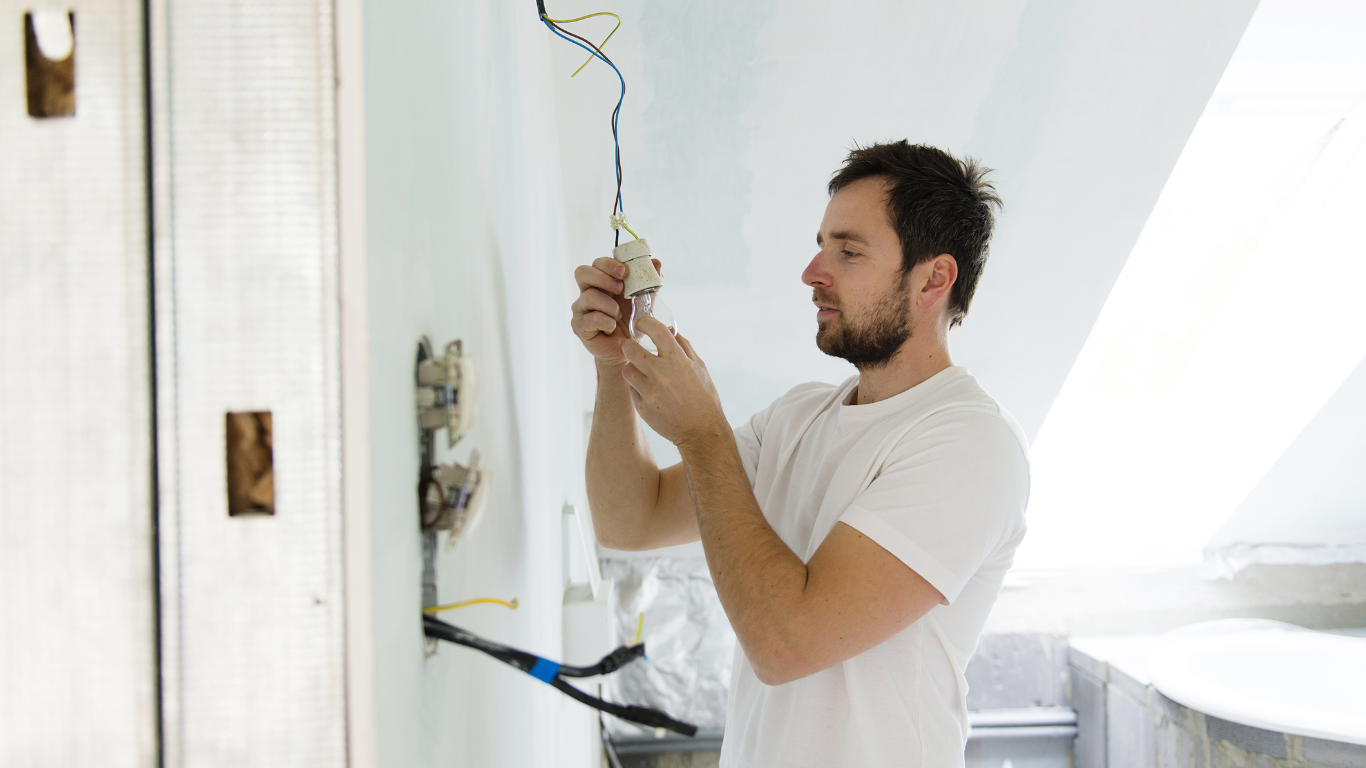DIY vs Professional Electrical Work: When to Call an Expert
When it comes to home electrical projects, deciding between doing it yourself or hiring a professional can be challenging. Understanding the differences and making the right choice can save you time, money, and ensure safety. This blog post aims to provide insights into when DIY electrical work is appropriate and when it’s best to call in the experts.
Risks and Benefits of DIY Electrical Work
Benefits of DIY Electrical Work
Cost-Saving: Perhaps the most appealing aspect is saving money by not having to pay for professional services.
Convenience: You can work on your schedule without having to wait for an available electrician.
Learning Opportunity: Doing it yourself offers a chance to learn new skills and better understand your home's electrical system.
Risks of DIY Electrical Work
Safety Hazards: Electrical work can be dangerous and poses risks such as electric shocks or fire if not done correctly.
Code Violations: Without proper knowledge of local codes and regulations, you may end up violating standards, leading to potential fines or future issues.
Potential Damage: Incorrect installations can cause significant damage to your electrical system, resulting in costly repairs.
Importance of Hiring a Professional
Hiring a professional electrician ensures safety and efficiency. Here’s why:
Expertise and Qualifications: Licensed electricians have undergone extensive training and certification processes.
Compliance with Codes: Professionals ensure all work complies with local codes and regulations, avoiding any legal issues.
Advanced Problem-Solving: They can detect underlying issues that may not be apparent, providing comprehensive solutions.
When to Call an Expert
Extensive Electrical Repairs: For major electrical issues or rewiring projects.
New Installations: Installing new electrical appliances, circuits, or panels.
Frequent Electrical Problems: Recurrent issues such as flickering lights or tripping breakers.
Case Studies or Examples
Example 1: A homeowner attempted to install an additional outlet but ended up causing a short circuit. The repair costs exceeded what a professional installation would have cost from the outset.
Example 2: During a DIY project, an unlicensed individual failed to meet code requirements, resulting in insurance claim denial after an electrical fire.
Safety Tips for DIY Enthusiasts
If you’re determined to tackle electrical work yourself, consider these safety tips:
Turn Off Power: Always shut off the power at the breaker box before starting any electrical work.
Use Proper Tools: Ensure you have and know how to use the proper tools for the job.
Consult Manuals and Guides: Follow instructions from reputable sources or manufacturer’s manuals.
Know Your Limits: Seek professional help if the task is beyond your expertise.
When dealing with electrical work, prioritizing safety is crucial. While DIY projects can be rewarding, they also come with significant risks. For complex or extensive electrical work, hiring a licensed professional is the safest and most reliable option.
Have any experiences or stories about DIY electrical projects? Share them in the comments below! If you’re facing electrical issues or planning a project, contact a professional electrician today for reliable assistance.


